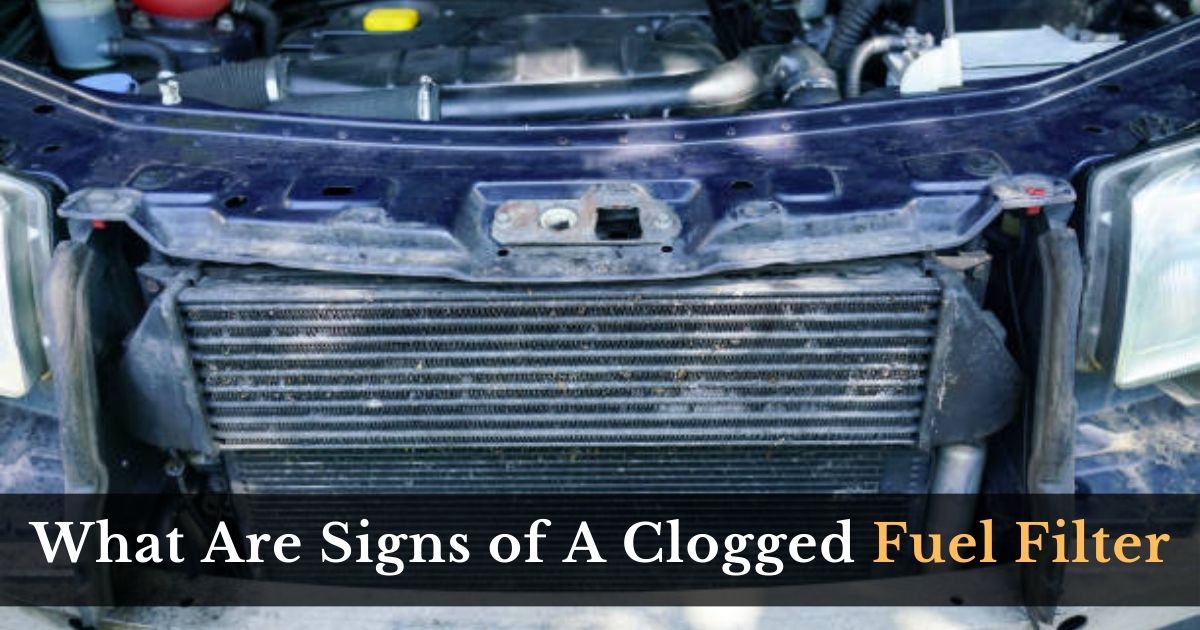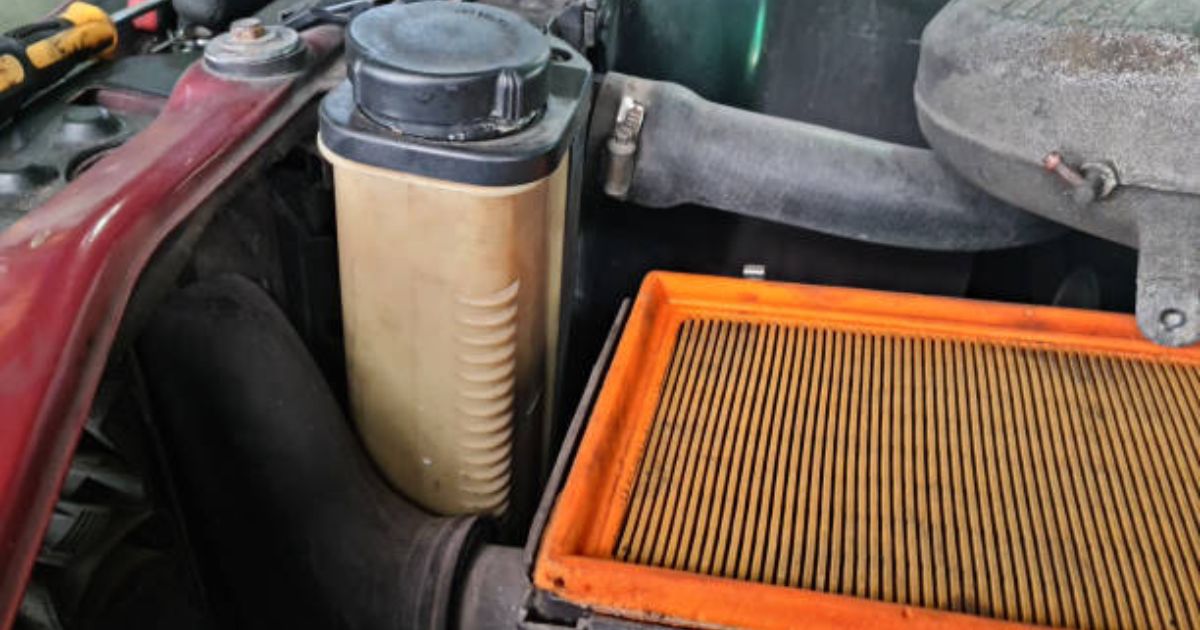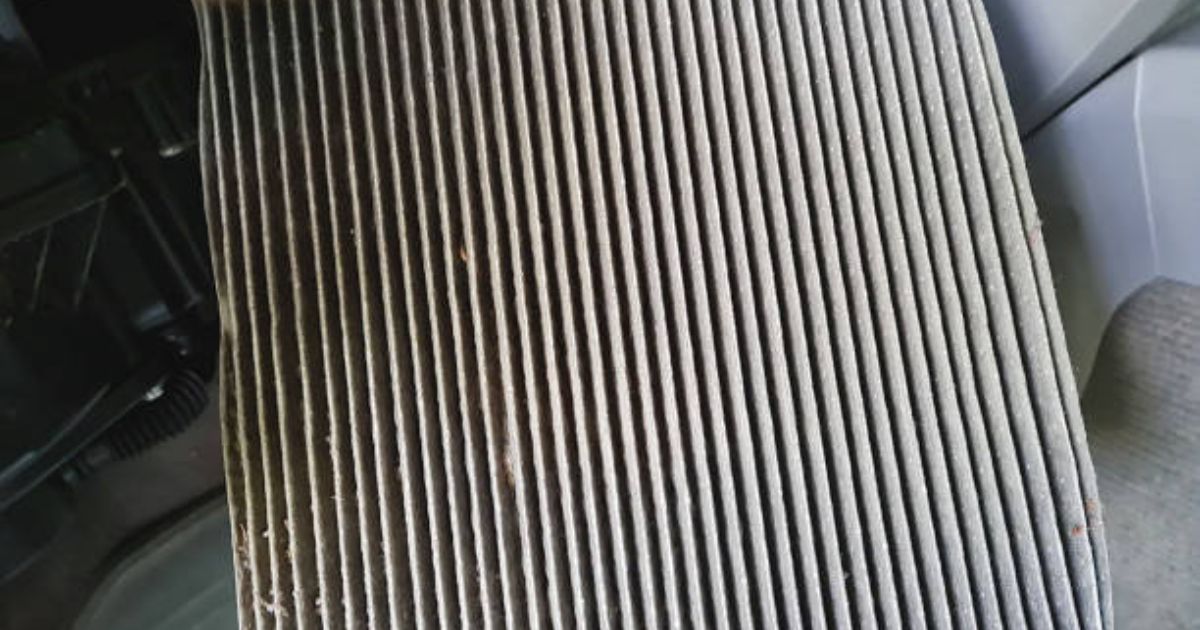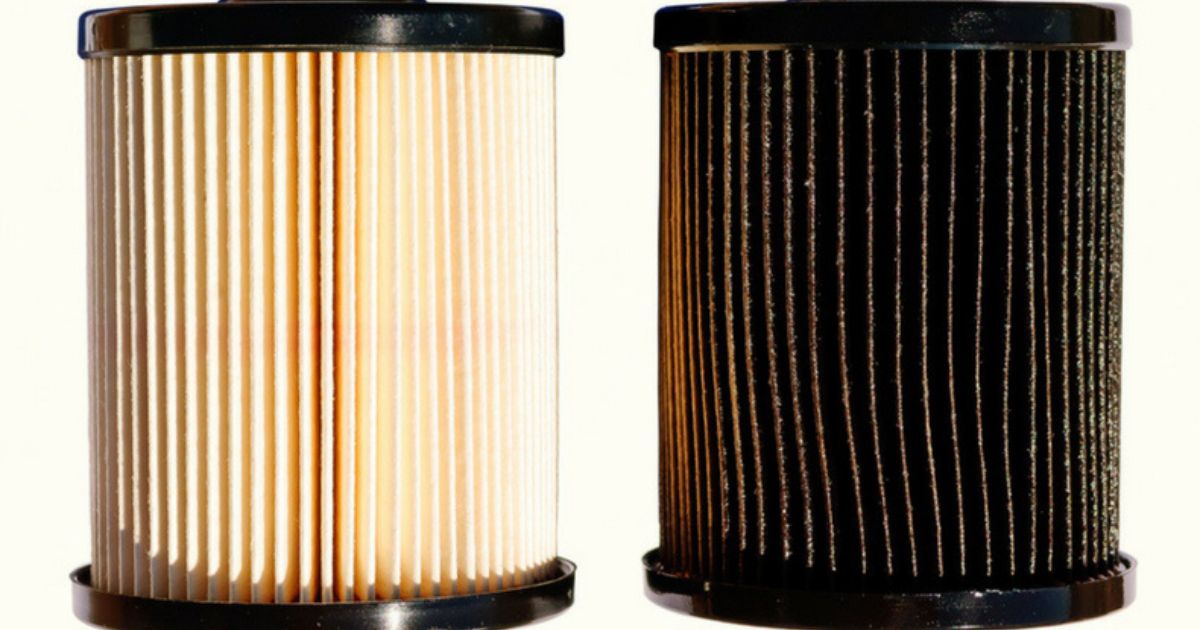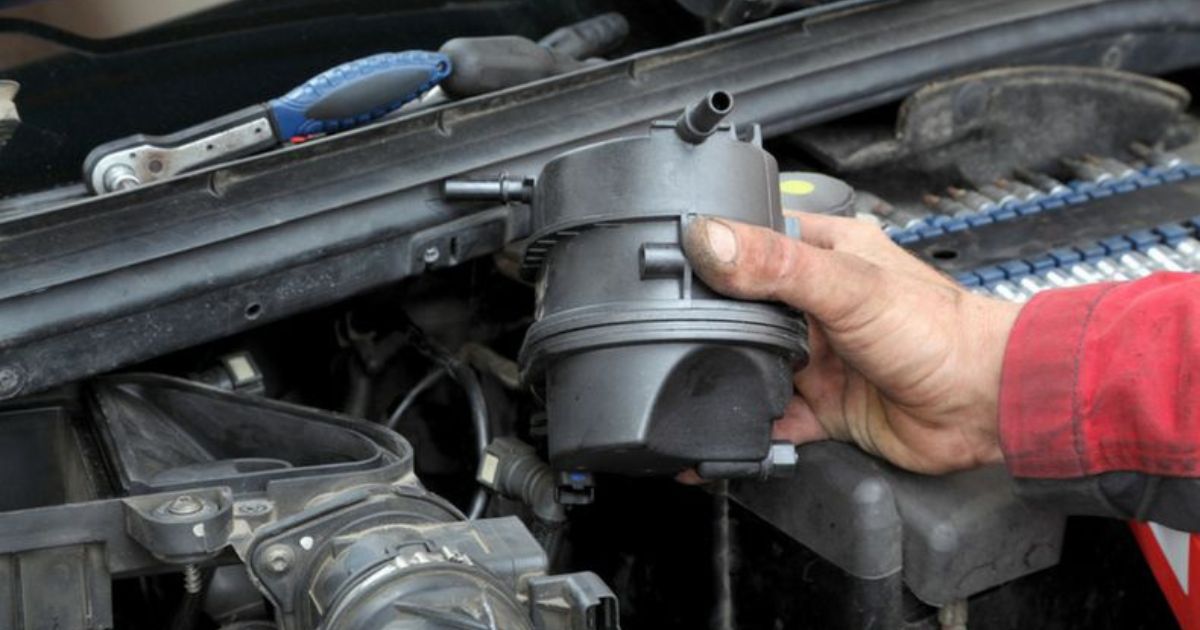What are signs of a clogged fuel filter, A fuel filter is a crucial part of your vehicle’s engine system. It ensures that the fuel going to your engine is clean and of debris. Over time, this filter can become clogged, leading to various problems. Recognizing the signs of a clogged fuel filter can help you address issues early and maintain your vehicle’s performance.
What Are Signs of a Clogged Fuel Filter?
Introduction
Have you ever felt like your car’s performance is suddenly lacking? A clogged fuel filter might be to blame. The fuel filter is like a gatekeeper for your car’s engine, ensuring that only clean fuel reaches it. When this filter gets clogged, it can cause a whole slew of problems. So, how do you know if your fuel filter is clogged? Let’s break it down in simple terms.
Understanding the Role of a Fuel Filter
Function of a Fuel Filter
Your fuel filter’s main job is to keep dirt and debris from entering the engine. Think of it like a coffee filter that keeps the grounds out of your cup while letting the coffee through. Clean fuel is crucial for your engine’s health and performance.
Types of Fuel Filters
There are a couple of types you might find in your car:
Inline Fuel Filters: These are located in the fuel line and are simple to access and replace.
In-Tank Fuel Filters: These are built into the fuel pump inside the fuel tank and can be trickier to get to.
| Sign | Description |
| Engine Hesitation or Jerking |
When you press the gas pedal, the engine hesitates or jerks instead of smoothly accelerating. This can happen because the clogged filter restricts fuel flow, causing the engine to sputter for fuel.
|
| Loss of Power |
The engine feels sluggish and lacks its usual power, especially when accelerating uphill or merging onto highways. This is again due to the limited fuel reaching the engine.
|
| Rough Idling |
The engine vibrates abnormally while idling. This can be caused by inconsistent fuel delivery due to the clogged filter.
|
| Difficulty Starting |
The engine takes longer than usual to crank and start, especially after refueling. This can happen because the air trapped in the clogged filter prevents proper fuel flow during startup.
|
| Decreased Fuel Economy |
You notice a decrease in gas mileage. A clogged filter forces the engine to work harder to maintain power due to restricted fuel flow, resulting in lower fuel efficiency.
|
| Check Engine Light |
In some modern cars, the check engine light might illuminate due to a clogged fuel filter. However, this isn’t a guaranteed sign, so it’s important to consider other symptoms as well.
|
Common Causes of a Clogged Fuel Filter
Dirty Fuel
Sometimes, the fuel you put in your car isn’t as clean as it should be. Tiny particles or water can sneak in and clog your filter.
Age of the Filter
Just like any part of your car, fuel filters wear out over time. An old filter is more likely to get clogged.
Contaminants in the Fuel System
Rust, dirt, or other debris in your fuel system can also cause the filter to clog. This is often due to an old fuel tank or a malfunctioning fuel pump.
Early Signs of a Clogged Fuel Filter
Engine Misfires
If your engine feels like it’s stumbling or misfiring, especially when you’re accelerating, a clogged fuel filter could be the culprit.
Poor Acceleration
Have you noticed your car struggling to pick up speed? This might be due to the engine not getting enough fuel because of a blocked filter.
Rough Idling
If your car is shaking or the engine feels rough while idling, it could be because it’s not getting a steady supply of fuel.
Advanced Symptoms of a Clogged Fuel Filter
Stalling at Low Speeds
When driving at low speeds or when coming to a stop, a clogged filter might cause your car to stall. This happens because the fuel flow isn’t consistent.
Difficulty Starting the Car
A really clogged filter can make it hard for your car to start. If it’s taking longer than usual to fire up, this might be the issue.
Reduced Fuel Efficiency
A clogged filter can make your engine work harder, which means you’ll use more fuel. So, if you notice your gas mileage dropping, it might be time to check the filter.
How to Check for a Clogged Fuel Filter
Visual Inspection
In some cars, you can actually see the fuel filter. If it’s dirty or looks blocked, it’s time for a replacement.
Using a Fuel Pressure Gauge
You can use a fuel pressure gauge to measure the pressure in your fuel line. Low pressure might indicate a clogged filter.
Checking Fuel Flow
Another way is to check the fuel flow by disconnecting the filter and observing the fuel flow. If it’s weak, your filter could be blocked.
The Impact of a Clogged Fuel Filter on Your Car
Damage to the Fuel Pump
If the filter is clogged, the fuel pump has to work harder to push fuel through. This can lead to premature wear and even failure of the pump.
Impact on Engine Performance
A clogged filter means less fuel is reaching your engine, which can reduce its performance and efficiency.
Increased Emissions
Your car’s emission system relies on a balanced fuel-to-air ratio. A clogged filter can disrupt this balance, leading to higher emissions.
DIY Fixes for a Clogged Fuel Filter
Cleaning the Fuel Filter
In some cases, you can clean the fuel filter, although this is more common for older models. However, it’s often more effective to replace it.
Replacing the Fuel Filter
Replacing the fuel filter is usually a straightforward process. Locate the filter, disconnect it, and install a new one. Always follow your car’s manual for specific instructions.
When to Seek Professional Help
Persistent Issues
If you’re still experiencing problems after replacing the filter, it’s time to call in a professional. There might be other issues at play.
Lack of Tools or Experience
If you’re not comfortable working on your car or lack the necessary tools, a mechanic can do it for you. They can also check for other potential problems.
Preventing Fuel Filter Clogs
Regular Maintenance
Regularly check and replace your fuel filter according to your car’s maintenance schedule. This is key to preventing clogs.
Using Quality Fuel
Always use good quality fuel from reputable stations. This reduces the risk of contaminants entering your fuel system.
Timely Filter Replacement
Don’t wait until your filter is clogged. Replace it periodically to avoid any issues.
Cost Implications of a Clogged Fuel Filter
Cost of Replacement
Replacing a fuel filter is generally inexpensive, ranging from $20 to $100 depending on your car.
Potential Repair Costs
If a clogged filter causes damage to other components like the fuel pump, repair costs can be much higher, potentially running into the hundreds.
How Often Should You Replace Your Fuel Filter?
Manufacturer’s Recommendations
Check your car’s manual for specific recommendations on how often to replace the fuel filter.
General Guidelines
Typically, fuel filters should be replaced every 20,000 to 40,000 miles. However, this can vary based on your car and driving conditions.
A clogged fuel filter can really mess up your car’s performance, leading to everything from rough idling to difficulty starting. The good news is, it’s a problem that’s usually simple to fix or even prevent. By keeping an eye out for the symptoms, checking your filter regularly, and using quality fuel, you can keep your car running smoothly.
FAQs
How can I tell if my fuel filter is clogged?
Look for signs like poor acceleration, engine misfires, or difficulty starting your car.
Can a clogged fuel filter damage my car?
Yes, it can strain the fuel pump and reduce engine performance.
How much does it cost to replace a fuel filter?
Typically between $20 and $100, but it can vary by car model.
How often should I check my fuel filter?
Check it during regular maintenance, usually every 20,000 to 40,000 miles.
Can I clean my fuel filter instead of replacing it?
In some cases, yes, but it’s usually better to replace it for optimal performance.


